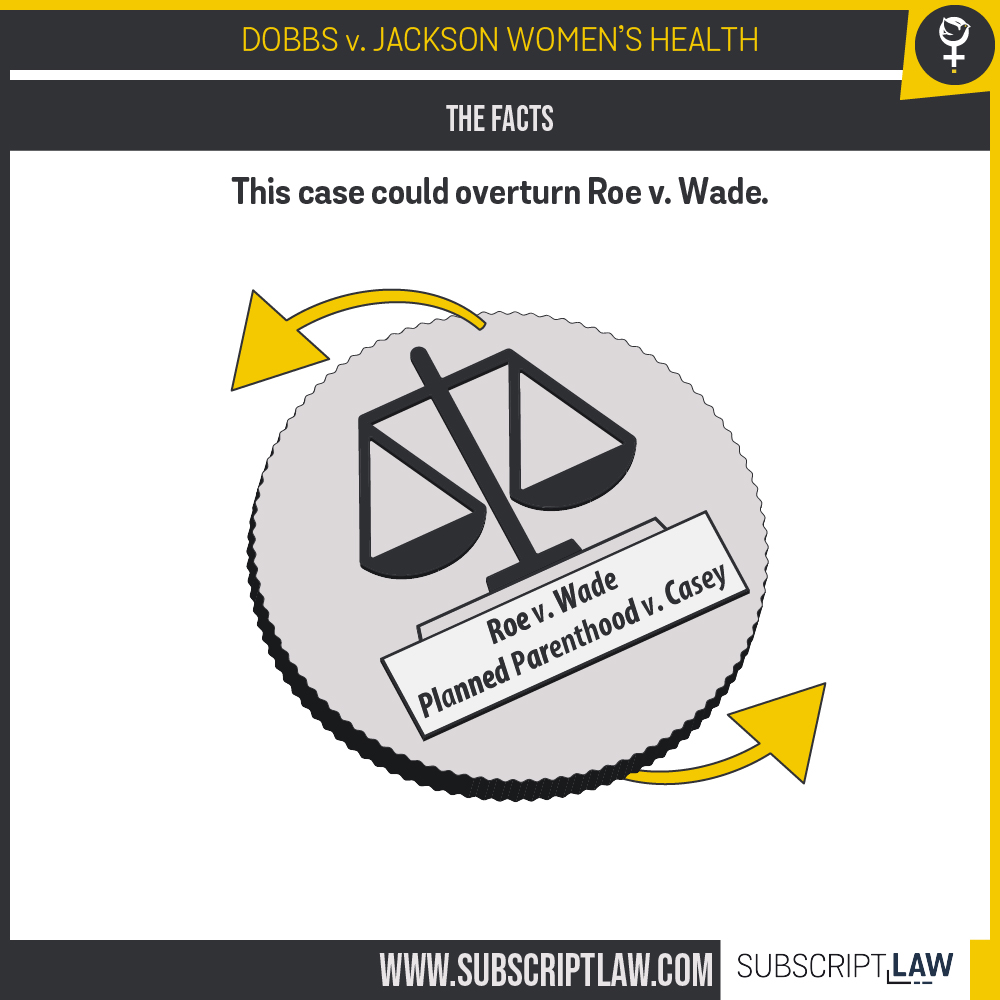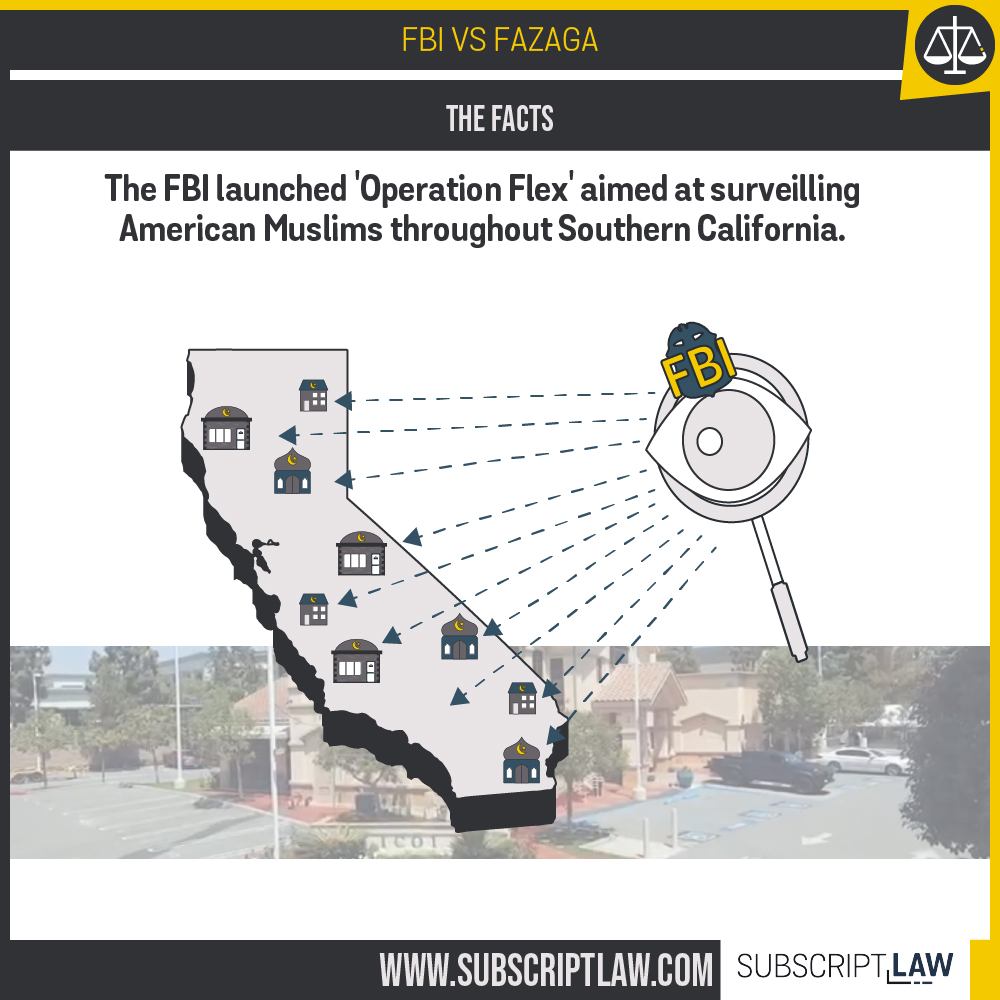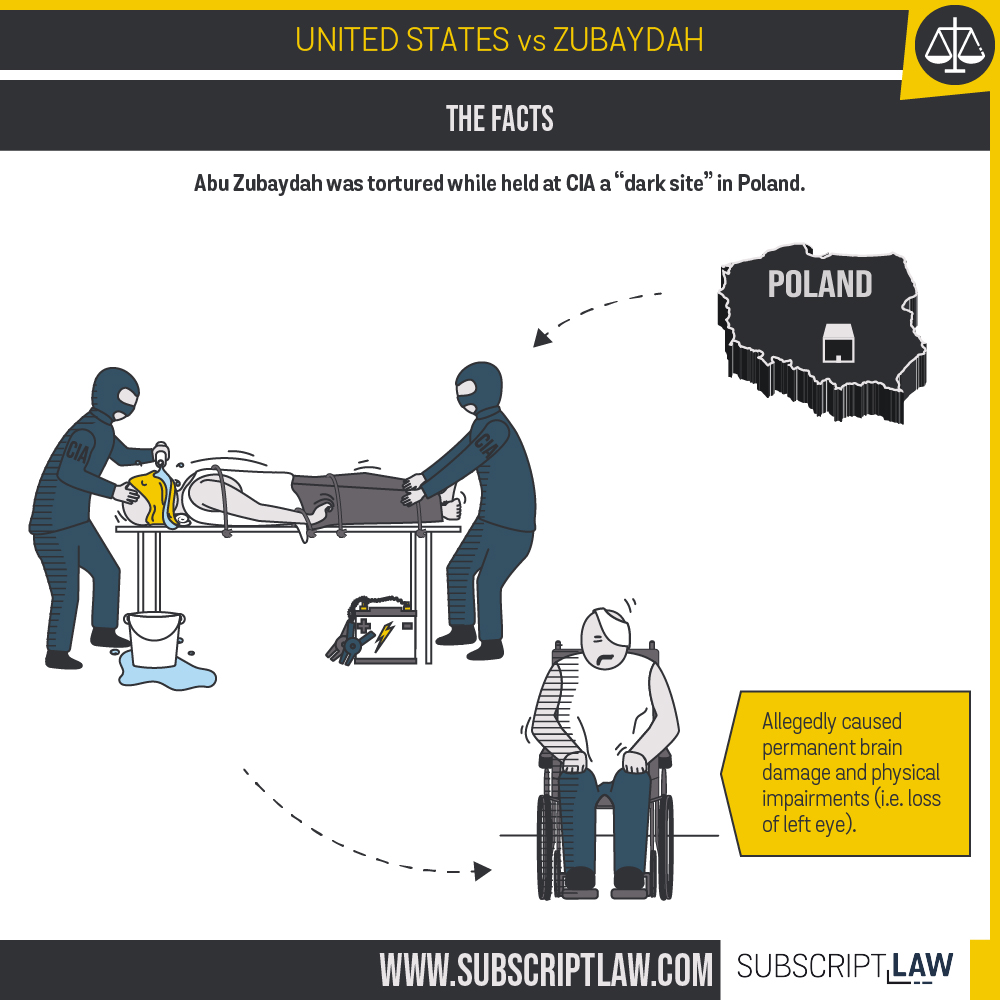The Supreme Court preserves the traditional meaning of the word “toll,” giving Artis enough time to file the claims.
Stephanie Artis, a health inspector for the District of Columbia, lost her job and sued her employer (D.C.) for employment discrimination (under federal law) and a few other claims (under D.C. law).
Artis took those D.C. claims to federal court, under a provision called “Supplemental Jurisdiction.” But those D.C. claims depended on the federal claim to be in federal court. When the federal claim got kicked, the D.C. claims could not stay.

This case is about what happens to the filing deadlines in D.C. court while those D.C. claims are in federal court.
Filing extension provision
There is a law that grants some extra time for Artis’ D.C. claims. After all, it’s possible the filing deadlines might have passed while the claims were in federal court limbo, and the claimant should not suffer from that.
In this case, the Supreme Court had to determine which party had the right meaning of that legal provision.
Ruling in favor of Artis
The operative word for the Court was “tolled.” The word “toll” as used in legal context generally means to pause, or to “stop the running of a time period.” When a legal time period is tolled, it is saved; not discarded.
The District of Columbia argued that the “tolled” time period would be discarded in favor of a 30 day grace period. The Supreme Court was not convinced: “The District has identified no federal statute in which a grace-period meaning has been ascribed to the word ‘tolled’ or any word similarly rooted.”
In keeping with the traditional meaning of “tolled,” the Court ruled in favor of Artis. Artis did, indeed, file within the allowed time period, and she may continue to pursue her claim.
More information
-
Read the full Supreme Court opinion.
-
See our Argument Explainer for more background information.







